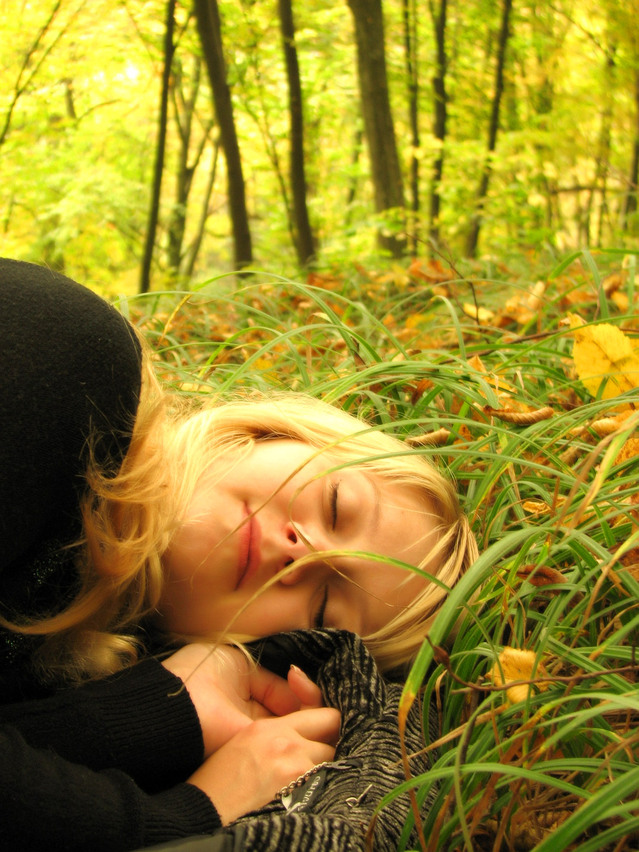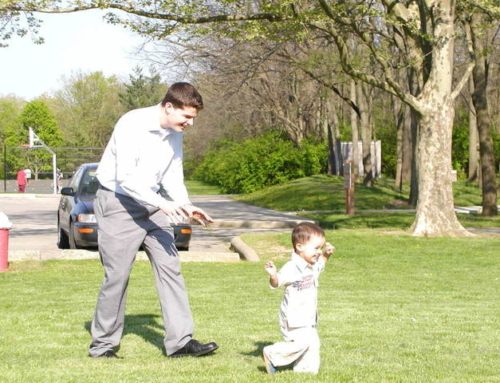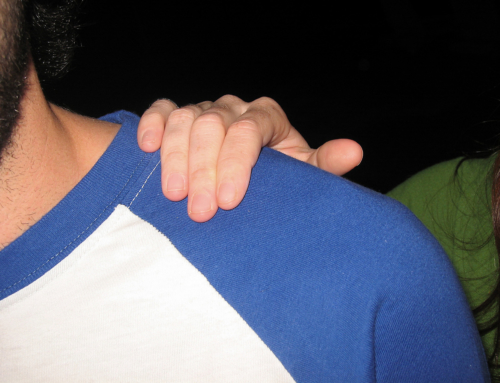Here we are, at the start of another school year. The bleary eyes, afternoon naps, irritability, and hurried mornings all reveal our troubles getting enough sleep. The situation is compounded by a variety of late evening activities, decisions to participate in more than one activity after school, long and intense athletic schedules, increased homework and study loads, and now, the use of multiple electronic devices in the bedroom. Besides looking for a job with “flex” hours and petitioning school districts to change the day’s schedule, what’s a parent to do?
First, let’s look at some basic information. The amount of sleep needed on a nightly basis varies by age. Equally important, the body’s sleep/wake rhythm also changes, mostly in adolescence. Demands of daily activity and the ability to occupy oneself by using technology gobble up evening hours. (Remember how early you went to sleep when hurricane-deprived of electricity?) Research also shows that sleep disruption can be a sign of anxiety, depression, or warning signs of such concerns emerging. There also are the realistic issues of quality and safety of performing everyday activities such as driving, working, and learning while tired. so we must ask, “Got sleep?” on a regular basis.
Information from the National sleep foundation (NSF) shows that children typically need 10-11 hours of sleep and teens need 9 hours. In reality, only the youngest children in elementary school get 9-10 hours of sleep. Those in middle school may get 8 hours nightly, and high school students barely get 6 hours. Hard to believe? Well, most teens are very much awake at 11 or midnight and typically have to rise between 6 and 7 in the mornings to get to school. Do the math. It’s simply not enough hours of sleep – by a long shot. students are prone to being late to school, falling asleep in class and when studying, lowered grades, increased weight, and absences due to exhaustion. Driving while tired raises other concerns.
The situation is compounded by changes in the body system. As adolescence begins, the body naturally favors a later bedtime and rising time – in essence, moving the sleep ” clock” forwards. meeting this shift is rarely possible when one considered school start times. Melatonin secretion also changes, increasing both evening energy and morning fatigue. Many students attempt to increase alertness with caffeine. Current research is now exploring the impact of such efforts as may who drink a lot of caffeine are reporting they are even more tired at the end of the day. It appears that being tired makes one more energized the following evening, increasing the problem and starting a vicious cycle of sleep deprivation.
Environmental factors certainly impact sleep cycles. One important feature is light.
Think about traditional bedtime routines for preschoolers and elementary school children. Parents encourage quiet activities, warm baths, and low light level – to reach a state of calmness for falling asleep. This is such a different scenario from the teen’s evening hours. adolescents are bombarded by bright light, electronic noise, light, activity, and internal excitement from watching or using media and conversing electronically.
The opposite situation is true for efforts to encourage wakefulness. Bright lights, noise, and stimulation are needed for the body to attain alertness. Sequential, “soft,” dim environments should be avoided.
The general rule is to have lowered to no levels of light to fall asleep and bright light in the morning.
When the teen’s activities push the rhythm of light and activity later and later, the body cannot readjust. balance may be even more difficult to attain after weekends when the teen’s sleep “clock” is moved further forward. Remember, school day sleep clocks typically need to move “back” in order to match sleep/rising with demands for morning rising and alertness. Ouch! Yawn!
Thoughts on getting more sleep
- Begin good sleep habits as early as possible.
- Take a nap – just not at night!
- Minimize multiple late afternoon obligations.
- Create routines and schedules to balance evening social, study, and rest hours.
- Schedule regular hours for study/homework.
- Don’t use electronics near bedtime.
- Use a routine – the same sequence of activities each day will help the body sense the person is getting ready for sleep.
- Use white noise machines, low light, and calm for bedtime preparation.
- Take the time to ease into sleep.
- Shower at night to relax and save time in the mornings.
- Learn relaxation and meditation techniques to acquire calm states more easily.
- Keep to a sleep schedule. Don’t “sleep in” too much on the weekends and skew the timing.
- It will be worse on Monday morning!
- Use bright light in the mornings.
- Remember that a lack of sleep reduced efficiency, accuracy, skills, emotions, and physical development.
Sleep helps a body and soul grow!
Resources:






